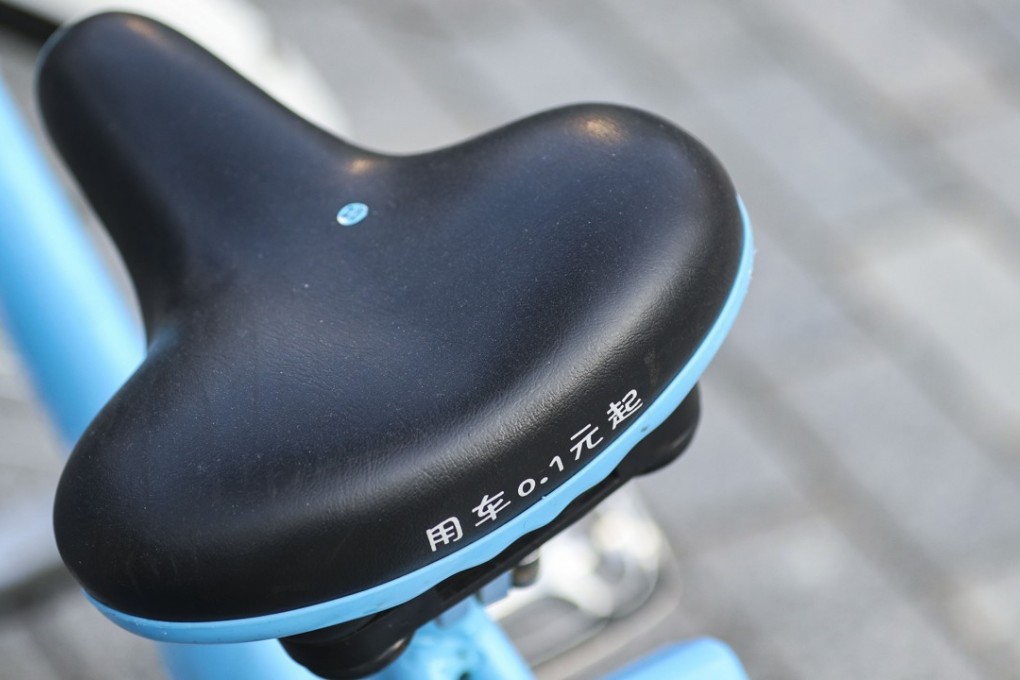With China’s third largest bike sharer bankrupt, riders worry about money tied up in deposits
Bike-sharing, the hottest start-up trend in China this year, claims its biggest victim, further chilling an industry that has burned through billions in cash

Beijing white-collar worker Scarlet Sun considers herself a two-time victim of the spectacular rise of China’s bicycle-sharing industry – where millions of the country’s citizens have been able to grab a bike anytime, anywhere for the equivalent of a few US cents per ride.
Sun, already a user of China’s top two bike-sharing firms Ofo and Mobike, only tried a third provider this month when she urgently needed a ride and newcomer Bluegogo’s signature blue-and-white bicycles were the only option available.
“I immediately downloaded the app and paid 199 yuan as deposit. When I finished using the bike, I applied for a refund of my deposit because I didn’t want to put my money in three different bike-sharing apps,” she said.
When the same thing happened a few days later – and Sun had 398 yuan tied up in deposits – she called the Bluegogo hotline but nobody answered.
Sun’s experience offers a glimpse into the bike-sharing industry’s biggest casualty this year, with the Tianjin-based start-up that boasted 20 million registered users at its peak facing closure due to a shortage of cash, according to Li Gang, Bluegogo’s founder and CEO, who revealed the company’s troubles in an emotional open letter released to the media.